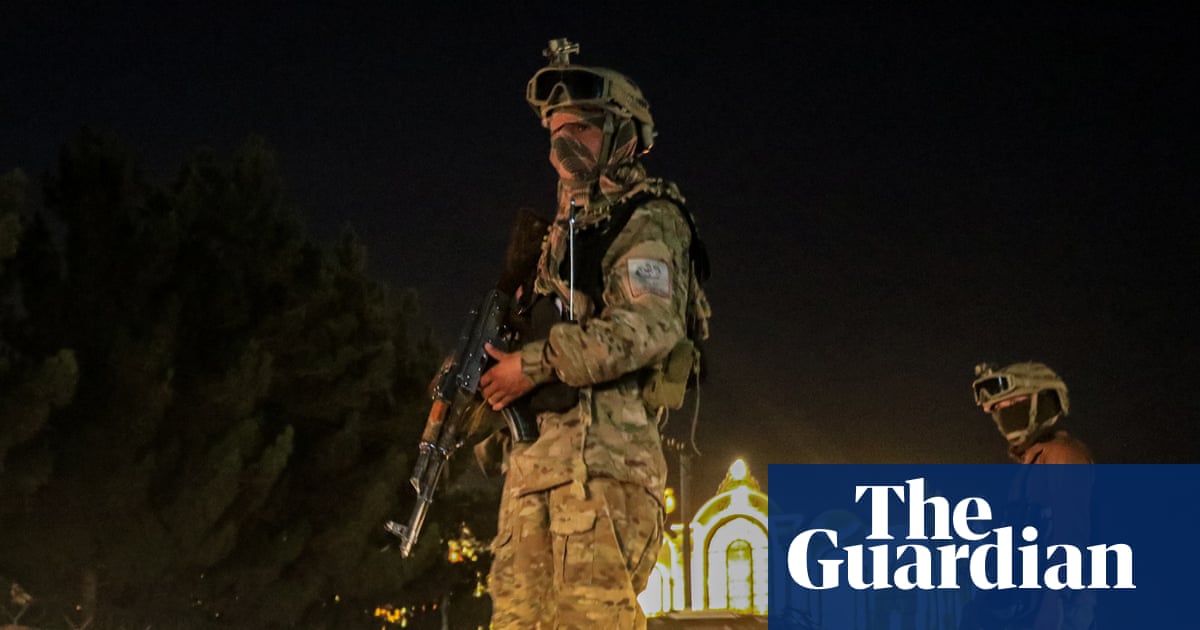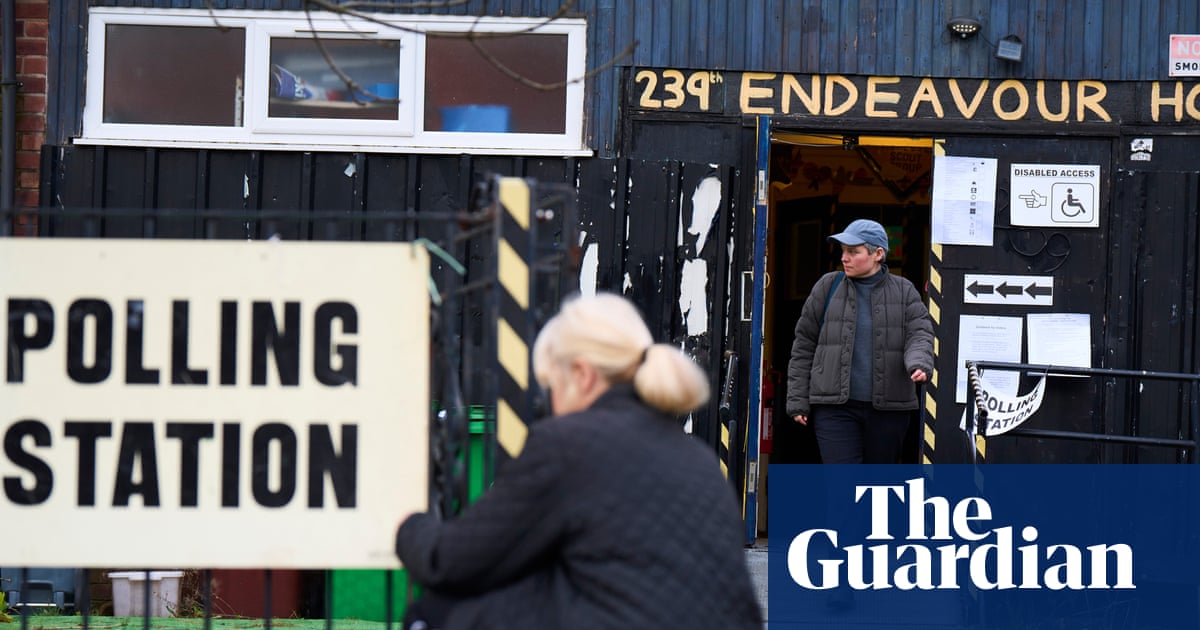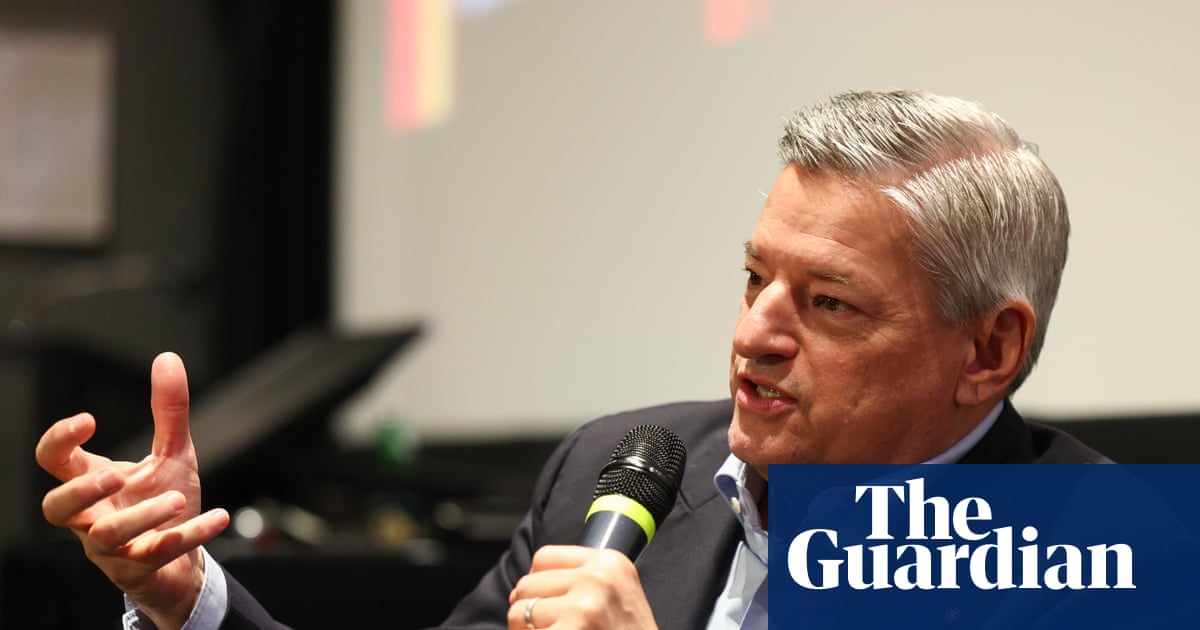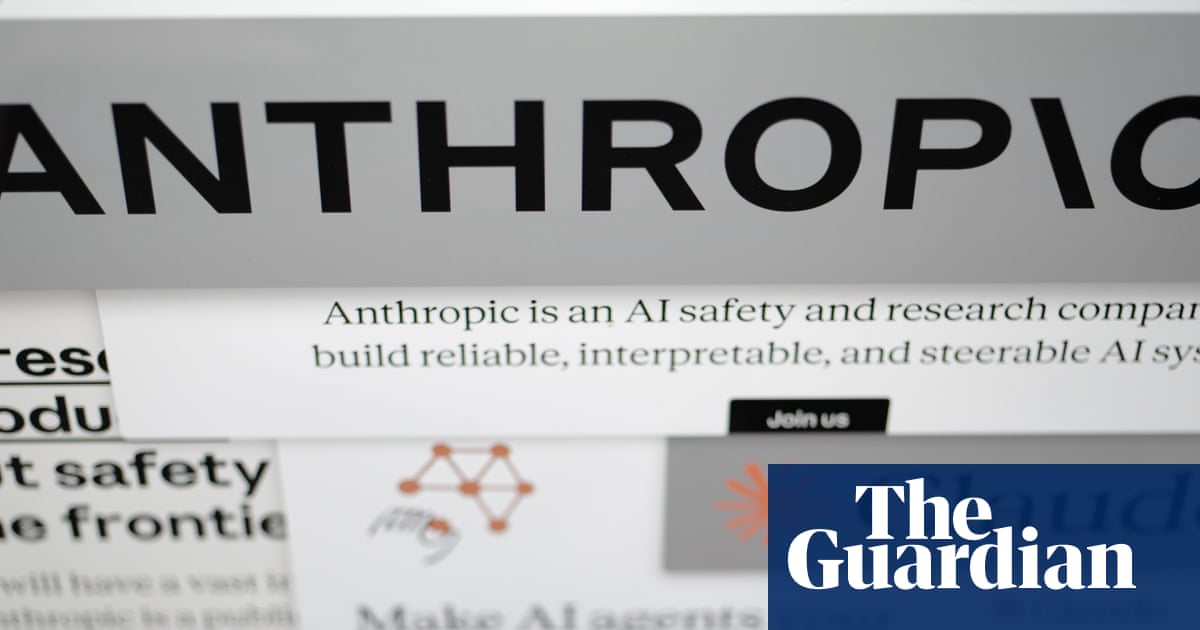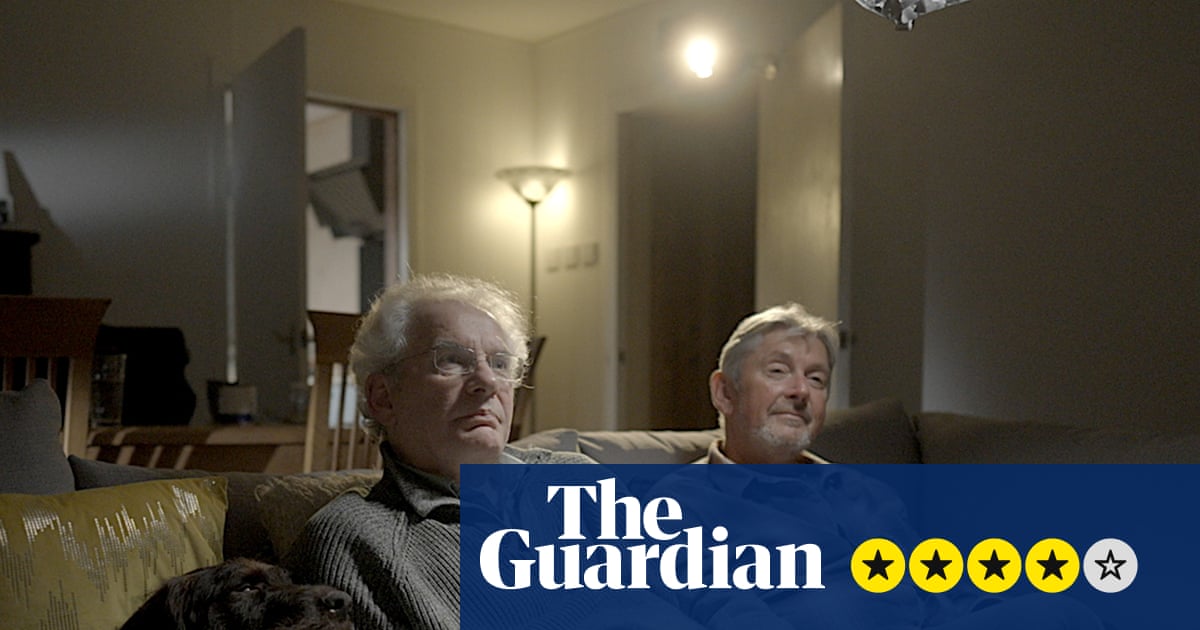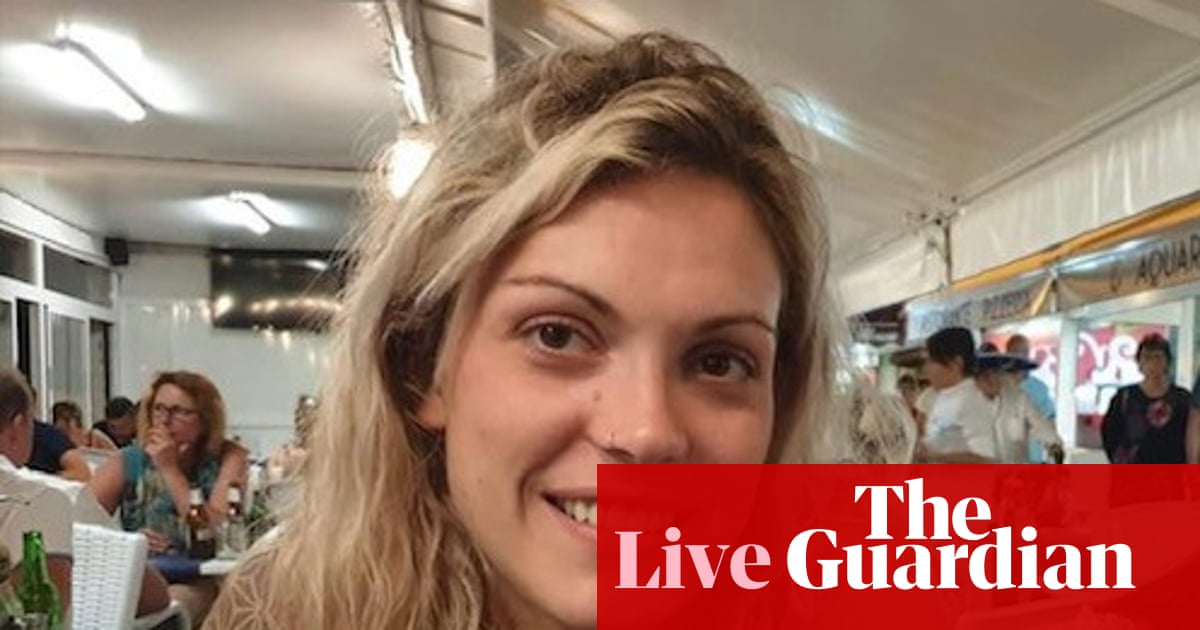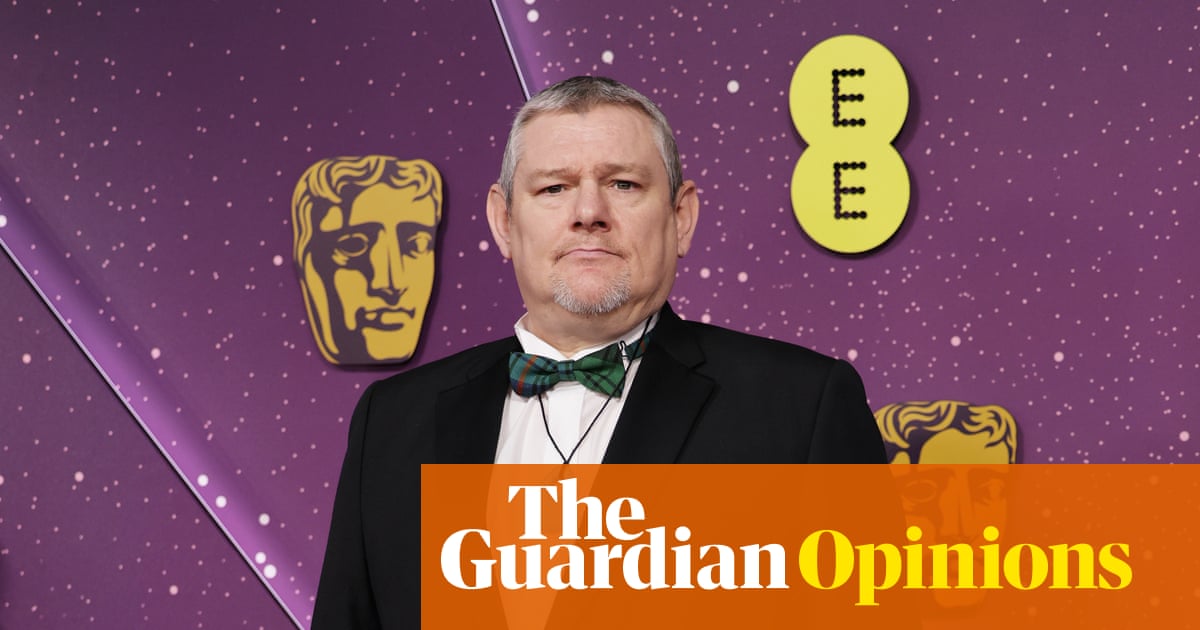1. ‘It’s been a cesspit, really, my life’: war photographer Don McCullin on 19 of his greatest pictures
Survivor … Don McCullin. Photograph: Linda Nylind/The Guardian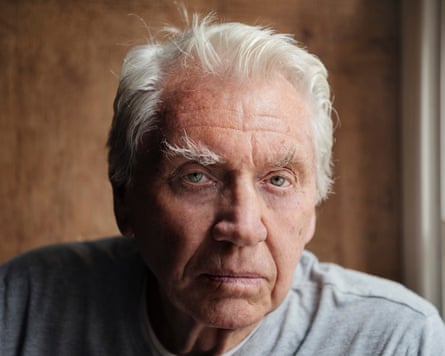
War photographers are not meant to reach 90. “Fate has had my life in its hands,” says Don McCullin. Over his seven-decade career covering wars, famines and disasters, McCullin has been captured, escaped snipers, mortar fire and more. How does it feel to be a survivor? “Uncomfortable,” he says. No wonder he finds solace in the beautiful still lifes he creates in his shed, or in the images he composes in the countryside around his Somerset home. He spoke to Emine Saner about the stories behind some of his finest photographs.
2. Can I learn to be cool – even though I am garrulous, swotty and wear no-show socks?
Not cool … Elle Hunt. Photograph: Graeme Robertson/The Guardian
“I am usually wearing head-to-toe Uniqlo. Affordable, yes, practical, certainly – but hardly cool. My wardrobe is a gen Z punchline: straight-leg (not baggy) jeans, leggings (as opposed to track pants), no-show socks … ” As academics wrestle with the psychology of what makes someone cool, Elle Hunt spent a month investigating the six attributes that define coolness. Could she up her cool score?
3. ‘No one can do anything worse to me now’: Caroline Flack’s mother on the tragic, preventable death of her daughter
Christine Flack. Photograph: Amit Lennon/The Guardian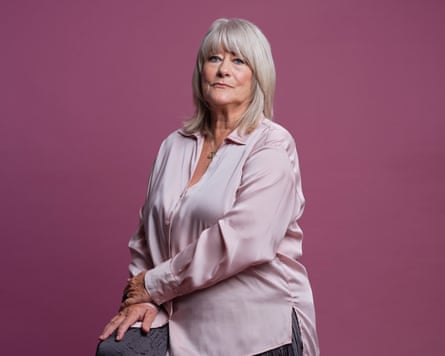
Caroline Flack was one of Britain’s most successful presenters – and also one of the most talked about – when she was arrested in December 2019 and charged with assaulting her partner. She lost her job. She lost her home – it was so besieged by the press that she never went back there after her arrest. She felt she lost the public, too. When she took her life nine weeks later, in February 2020, the narrative shifted. Now there were tributes to her talent as well as stories of her struggle with mental illness.
4. Could the internet go offline? Inside the fragile system holding the modern world together
Creaking … inside a data centre server room. Photograph: Sergio Azenha/Alamy
A glitch at a data centre in the US state of Virginia last month reminded us that the unlikely is not impossible. The internet may have become an irreplaceable linchpin of modern life, but it is also a web of creaking legacy programs and physical infrastructure, leading some to wonder what it would take to bring it all down. Aisha Down investigated.
5. ‘People thought I was a communist doing this as a non-profit’: is Wikipedia’s Jimmy Wales the last decent tech baron?
Jimmy Wales. Photograph: Pål Hansen
In an online landscape characterised by doom and division, the people’s encyclopedia stands out – a huge collective endeavour giving everyone free access to the sum of human knowledge. But with Elon Musk calling it “Wokipedia” and AI looming large, can it survive? David Shariatmadari met its founder to find out
6. ‘Scamming became the new farming’: inside India’s cybercrime villages
Jamtara, India. Photograph: cameranest/Shutterstock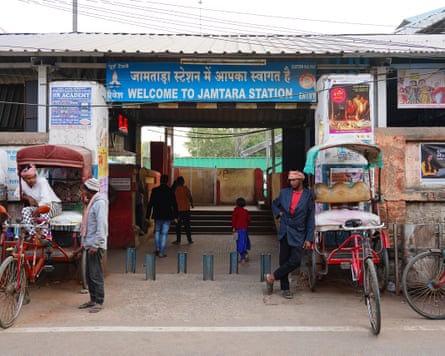
On the surface, the town of Jamtara appeared no different from neighbouring districts. But, if you knew where to look, there were startling differences. In the middle of spartan villages were houses of imposing size and unusual opulence. Millions of Indians knew why this was. They knew, to their cost, where Jamtara was. To them, it was no longer a place; it was a verb. You lived in fear of being “Jamtara-ed”.
The Long read published Snigdha Poonam’s brilliant report on how an obscure district in a neglected state became India’s byword for digital deceit.

.png) 3 months ago
61
3 months ago
61

